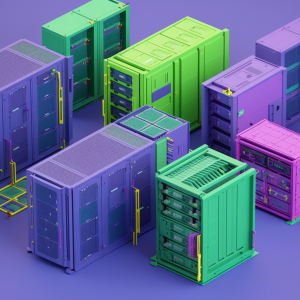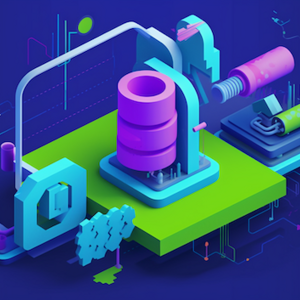Introduction to Containers w/ Docker, Kubernetes & OpenShift
Understand containerization with Docker, Kubernetes, and OpenShift. Learn how to deploy and manage containerized applications in real-world scenarios.
At a Glance
Gain in-demand container skills to build, deploy and scale cloud applications. Learn Docker, Containers, Kubernetes, RdHat OpenShift and more in this beginner course.
Take the next step in your software engineering career by getting skilled in container tools and technologies! The average salary for jobs that require container skills is $137,000 in the US according to salary.com, making Devops professionals and developers with these skills highly in demand. More than 70 percent of Fortune 100 companies are running containerized applications. But why? Using containerization, organizations can move applications quickly and seamlessly among desktop, on-premises, and cloud platforms.
In this beginner course on containers, learn how to build cloud-native applications using current containerization tools and technologies such as Docker, container registries, Kubernetes, Red Hat OpenShift, and Istio. Also learn how to deploy and scale your applications in any public, private, or hybrid cloud.
By taking this course you will familiarize yourself with:
- Docker objects, Dockerfile commands, container image naming, Docker networking, storage, and plugins
- Kubernetes command line interface CLI, or “kubectl” to manipulate objects, manage workloads in a Kubernetes cluster, and apply basic kubectl commands
- ReplicaSets, autoscaling, rolling updates, ConfigMaps, Secrets, and service bindings
- The similarities and differences between OpenShift and Kubernetes
Each week, you will apply what you learn in hands-on, browser-based labs. By the end of the course, you’ll be able to build a container image, then deploy and scale your container on the cloud using OpenShift.
The skills taught in this course are essential to anyone in the fields of software development, back-end & full-stack development, cloud architects, cloud system engineers, devops practitioners, site reliability engineers SRE, cloud networking specialists and many other roles.









There are no reviews yet.